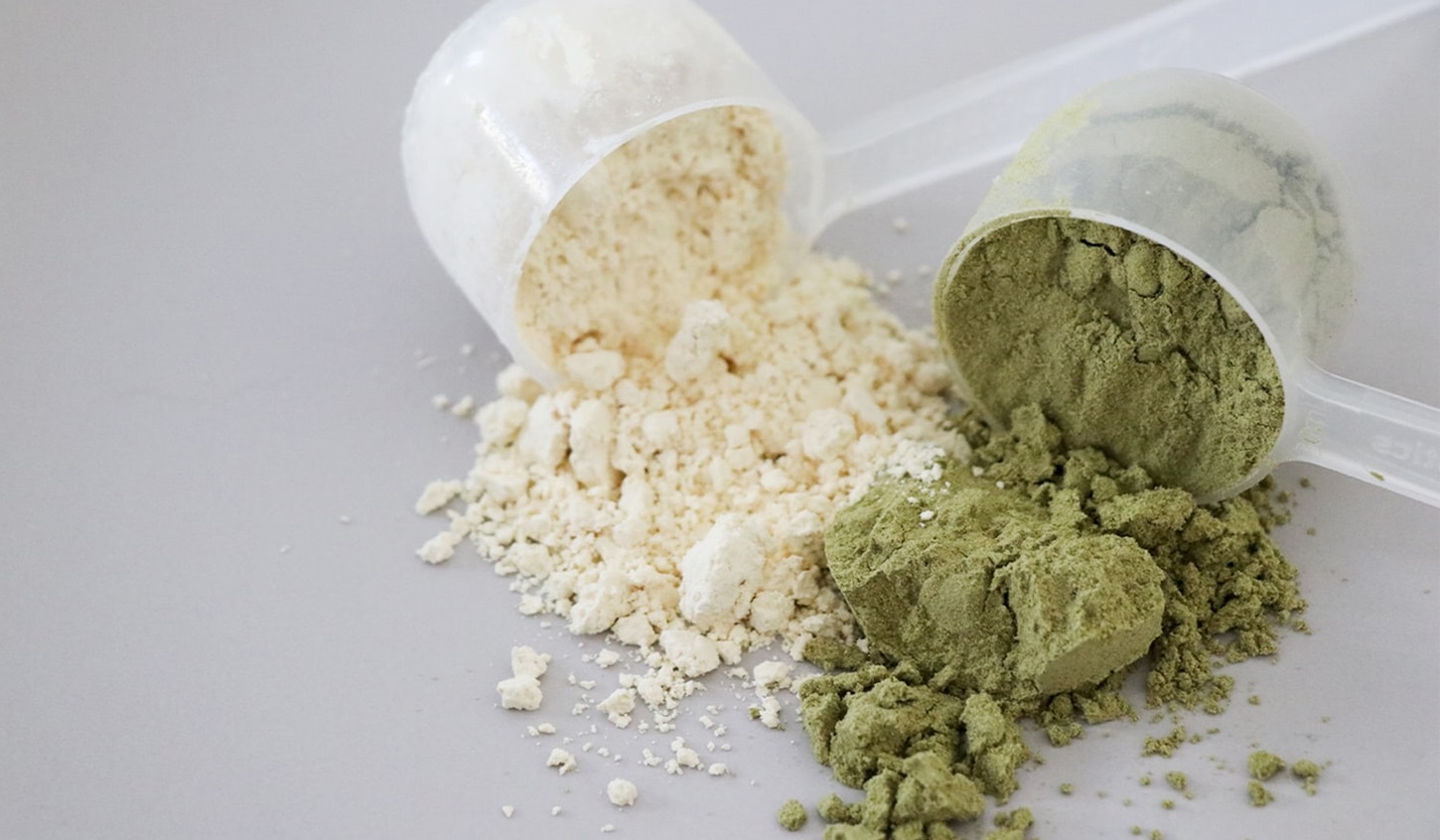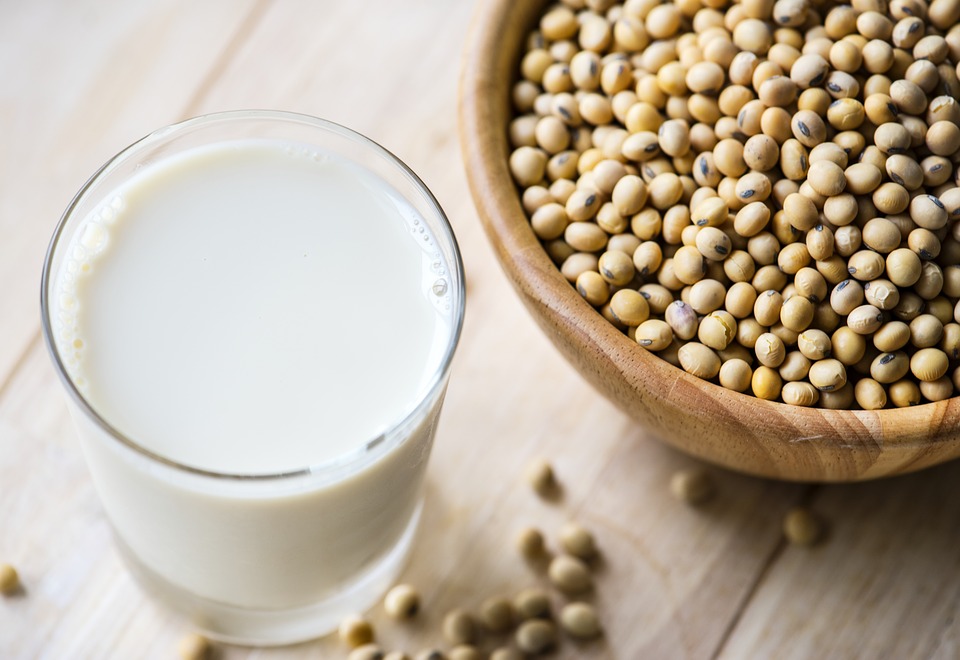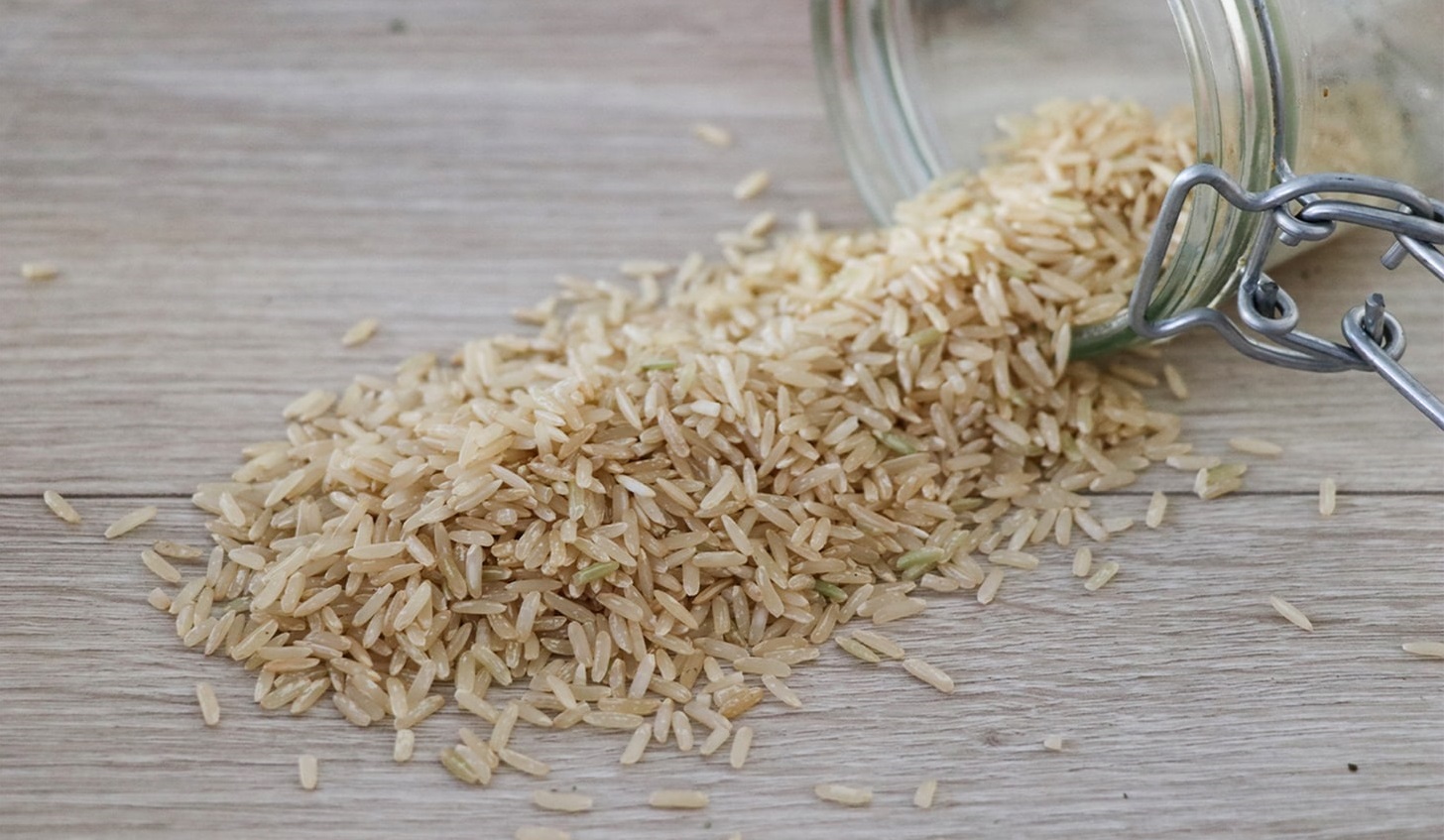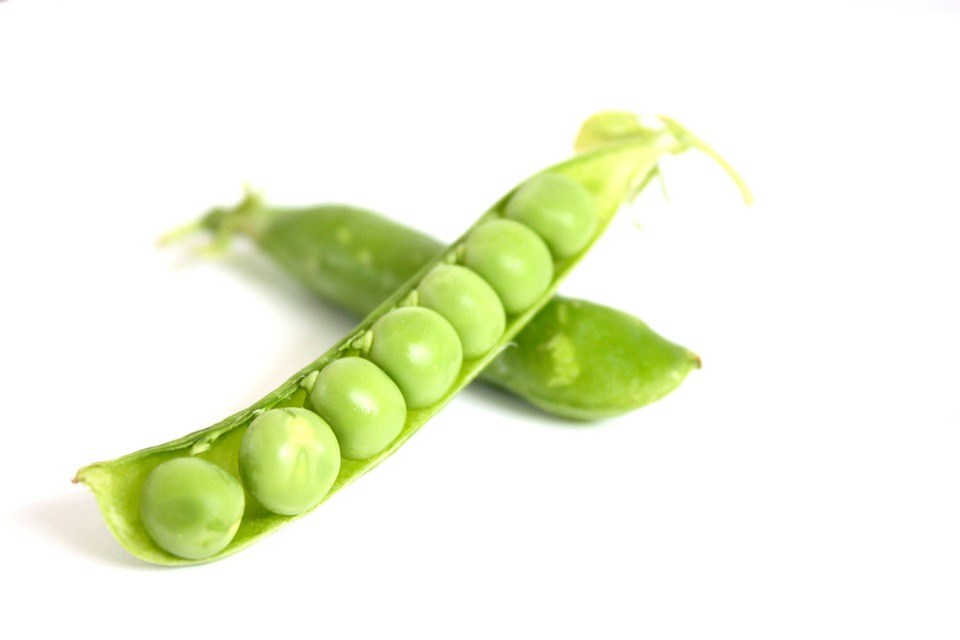HELLO, THIS IS YOUR EDITOR, LEO HAMEL.
A former employee wrote this, and she was in marketing, not fitness. I love articles like this because they send you on wild goose chases because that is what every protein supplement wants you to do. They want you to look for the magic bullet and buy their stuff.
And there are no magic bullets out there. None at all. None! They hope you will decide that THEIR unique protein will somehow make you bigger, stronger, or lose weight.But there are no special proteins.
The truth is that protein is protein. There are different ratios of amino acids in each supplement, but in the end, there are no “special” proteins. Eggs and meat are great sources. Grass-fed chickens and cows give you the best quality without negative effects. But 95% of protein powders out there are just “gimmicks” being marketed as special but, IN THE END, almost all are the same. And some cost way more than others.
My recommendations are Whey Protein Isolate. It is the most “concentrated” and bio available. If you are vegan, buy the one that has the widest variety of amino acids. Buy the LEAST processed.
There are NO magic bullets. No powder is that much better than the other. And here is my best advice: If it has “Proprietary Ingredients,” ignore it. It is a marketing scam. All you need is PROTEIN!
Enjoy the rest of this article but head the above.
Leo Hamel
Browsing the aisle of any supplement store, it’s easy to get overwhelmed by the wide selection of protein powders. Aside from all of the enticing flavors, there are several different protein sources to choose from, making your options even more varied. So, how does one decide which protein powder best suits their body’s needs? Narrowing your choices is easier than you might think once you’ve clearly defined your health and fitness goals. For more detailed tips to finding the best protein powder, continue reading!
Types of Protein Powder

There are a number of different types of protein powder, each with its own unique benefits. Perhaps you’re looking for the best protein powder for weight loss, or maybe muscle gain is your ultimate goal. Knowing the difference between various types of protein powders will help you decide which works best for achieving your objectives.
Whey Protein Powder
Whey protein is probably the most popular type of protein powder available today. Whey is a milk-based product that packs a punch in the protein department, and offers a full range of essential and non-essential amino acids. This type of protein powder tends to come in two varieties, whey protein concentrate, and whey protein isolate. Whey protein concentrate contains lactose, fat, and carbohydrates, while whey isolate has been further filtered to remove these components almost entirely. Whey protein concentrate works to keep you feeling full and satisfied, making it great for weight loss and lean muscle gain. However, whey protein isolate may be a better choice for digestion if you have any dairy allergies or sensitivities.
Soy Protein Powder

Another popular source of protein is soy. Soybeans provide plant-based protein for those who prefer to avoid animal products. Soy protein stimulates muscle growth just like whey protein, but with the added benefits of organic compounds known as isoflavones. Advantages of isoflavones include reduced risk of cancer and cardiovascular disease, which are two of the leading causes of death in the United States. Unfortunately, soy protein isn’t suited for everyone, as these isoflavones can cause certain hormone levels to drastically fluctuate.
Casein Protein Powder
Casein is the main protein found in milk, and is considered a slow-digesting protein. In some cases, it can take up to 6 hours or more for your body to fully absorb and digest casein protein. This makes casein protein great for sustained amino acid delivery to the muscle. On the other hand, casein is not the best post-workout protein powder, because your muscles demand quick nutrients. Due to its slow digesting properties, it’s often best to consume casein protein before bed, when you’ll be going hours without eating.
Hemp Protein Powder
Another popular plant-based protein source is hemp. While hemp products are commonly associated with marijuana, hemp protein contains only trace amounts of THC, the psychoactive ingredient in cannabis. Hemp protein is known for being rich in omega-3 fatty acids, and is very easy for most to digest. Though hemp protein is plant-based, it has a higher fat content, and therefore a higher calorie count. If weight loss is your primary goal, it may be best to opt for one of the other types of protein powder on this list. Similarly, for those looking to gain muscle, hemp is not a complete protein, due to its low levels of key amino acids, lysine and leucine.
Brown Rice Protein Powder

For individuals suffering with an allergy to gluten, brown rice protein powder is an excellent alternative. Studies have demonstrated that brown rice protein delivers benefits comparable to whey and other sources. One downside to brown rice protein is that it is quite low in lysine, an important amino acid. Like hemp protein, brown rice protein is not recommended as a complete supplement. However, when paired with additional animal proteins from food, brown rice can help fill any gaps in your diet.
Other Plant Proteins

Due to the expanding vegan and vegetarian movement, plant proteins have steadily gained popularity. Besides hemp, brown rice, and soy, there are other plant-based sources of protein like alfalfa, peas, flax seeds, quinoa, and more. Many plant-based protein powders contain a combination of these ingredients to ensure the best balance of amino acids and other nutrients. Be aware that it may take you longer to digest a mixed plant protein, as they’re generally very high in fiber.
How to Choose the Right Protein for Your Body
Now that you’re familiar with the different types of protein powder on the market, it’s time to determine which is right for you! Follow these few guidelines to ensure the protein powder you choose meets all of your health needs.
Consider Your Diet
There are plenty of protein rich foods that you probably already enjoy regularly. Favorites like chicken, fish, and eggs are popular staples to have on hand. And, if you already consume a diet that’s fairly high in protein, that may impact how you choose the best protein powder. In such cases, mixed plant proteins like hemp or pea protein are perfectly suitable. Whatever the protein powder lacks will likely be replenished by the foods you routinely eat.
Examine Your Exercise Routine
Depending on the intensity of your exercise routine, your body may require a more complete protein powder. For example, a bodybuilder who is constantly weight lifting will likely require greater amounts of protein. On the other hand, a yoga or Pilates instructor may require less protein after completing a class. Determining how much protein your body requires will simplify your options when searching for the best protein powder.
Define Your Goals
Generally speaking, whey protein works best for those looking to build muscle. If weight loss is your sole focus, whey or casein protein is ideal for keeping your appetite at bay. And, for individuals who identify as vegan or vegetarian, there’s a whole slew of mixed plant proteins to choose from that provide excellent health benefits. Whatever your personal goal is, the right protein powder can help accelerate your progress.
Adhere to Any Dietary Restrictions
As previously mentioned, certain proteins like whey and casein are milk-based. This can pose a problem for people sensitive to dairy. While you can choose a protein isolate, these tend to be a bit pricier than protein concentrates. Be sure to consider any dietary restrictions before deciding on a protein powder, and always read the ingredients thoroughly. With so many alternatives available today, finding one that matches your needs shouldn’t be hard.
Build the Body You Desire at Leo’s Fitness Lab
Are you bored with the same old routine at the gym? Are you tired of working out for hours just to see the slightest improvement? If you’re ready to shake up your approach to health and fitness, you must check out Leo’s Fitness Lab!
A state-of-the-art fitness laboratory in the heart of sunny San Diego, Leo’s Fitness Lab offers an experience unlike any other. Using the most advanced technology in the industry, you can achieve maximum results in less than half the time you’d spend at a traditional gym. Only two 20-minute sessions per week are required to get an intense, full-body workout. The very best part? This revolutionary equipment allows you to track your progress from one workout to the next precisely, so you’ll be able to see the fruits of your labor almost immediately. If it’s real results you desire, stop wasting time on the treadmill, and come to Leo’s Fitness Lab instead!



